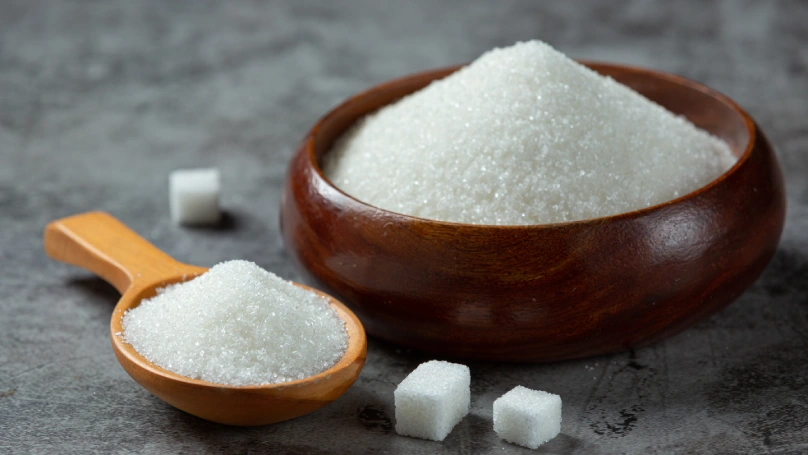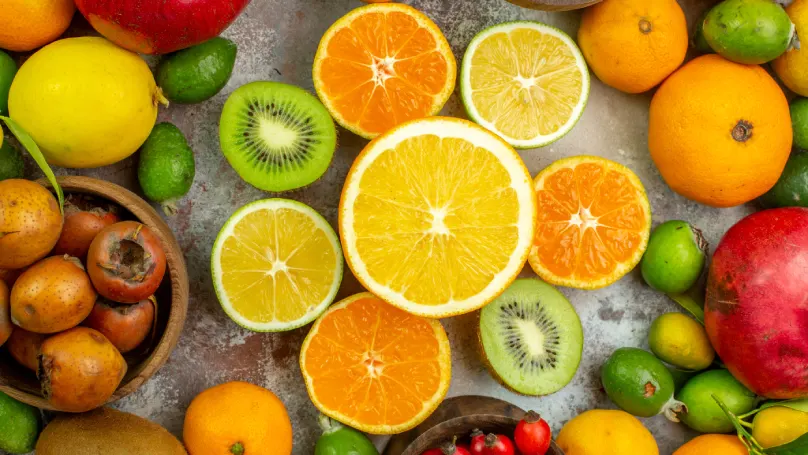It’s a term so common among ingredient labels that it quite often raises questions, sometimes even a little bit of concern. For most people who care about making healthy choices, it’s very important to know what’s in their food and drinks. Regarding fruit juice concentrate, most would ask if it contains added sugar. Well, the answer may be a little technical due to the nature of the types and processes involving the product. This article embarks on an explanation to expound on this matter.
Understanding “Added Sugar”
FDA defines “added sugars” as those added during the processing of foods or packaged as such. It also includes sugars from syrups, honey, and concentrated fruit or vegetable juices when consumed as a sweetener. There’s a caveat here, though sugars in 100% fruit juice concentrates, when properly reconstituted, are not always considered added sugars.
The FDA’s draft guidance explains that fruit juice concentrate—when reconstituted to the same sugar concentration as the original single-strength juice—does not contribute to the “added sugar” count. For instance, if a manufacturer makes orange juice from concentrate and the sugar content is the same as that of fresh orange juice, no added sugars are declared. If the sugar content is higher than what would be naturally found in the juice, the amount above that level must be declared as added sugar.

The Role of Fruit Juice Concentrates
The fruit juice concentrate is obtained from the juice by practically complete evaporation of water from it, giving rise to a very syrupy and dense product. It retains the natural sugars of fruits. fruit juice concentrate supplier has a wide range of uses for 100% natural fruit juice Supplier and other food industry manufacturers.
The sugar content in them depends on the way the concentrate is reconstituted or how it is used. For example, if the reconstituted beverage or food includes an added sugar over that from the natural juice, then added sugars are part of the content. If a product is labeled as 100% juice-from concentrate and it contains only sugars found naturally in the fruit, then those sugars are not defined as added.
Health Implications and Consumer Awareness
It is very important to understand how natural sugars differ from added sugar from a health perspective. While the natural sugars in fruits and their juices had fibers, vitamins, and antioxidants for a healthy dose, added sugars primarily delivered empty calories with no nutritional benefits. The FDA’s labeling guidelines would serve consumer information through clear distinctions between natural and added sugars.
When it comes to buying juices, reading the label is very important. Labels that say “100 percent juice from concentrate” mean no further sugar was added according to the FDA standards. Converse statements like “fruit drink” and “juice cocktail” say that sweet drinks have other sweeteners in addition to the fruit’s sugars.
In closing
The debate as to whether fruit juice concentrates have added sugar depends on how the concentrate is used and labeled. However, excess sugar beyond the natural level needs to be stated, which means 100% juice from concentrate does not automatically mean it has added sugar. This clear regulation brings consumers nearer to being able to make healthier choices and better understand nutrition in the beverages they are consuming. For consumers who need to limit their intake of added sugar, reading labels and choosing products that say “100% juice” continues to be a reliable strategy.
Check out our article for information on what is fruit juice concentrate.





